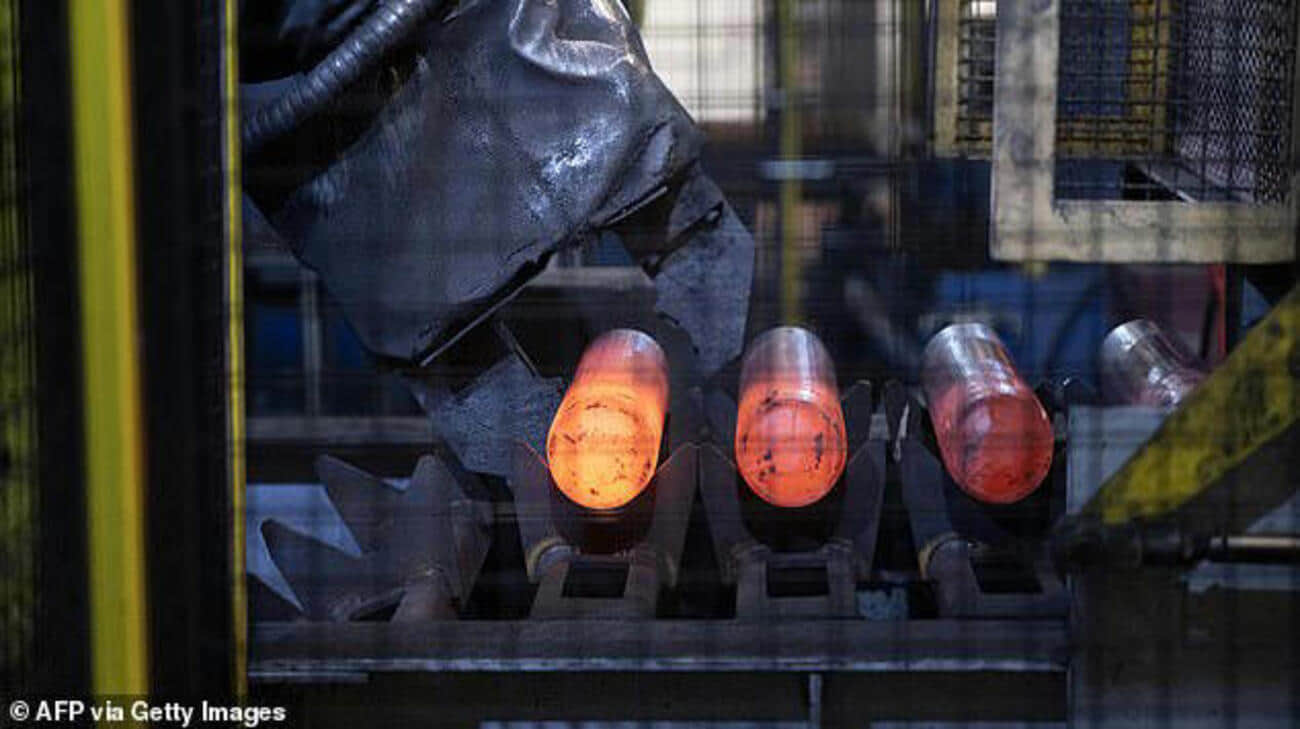Britain intends to increase the production of explosives and 155 mm shells-media

Photo: AFP Via Getty Images
Britain intends to significantly increase the production of explosives to abandon the dependence on the US and France in ammunition, as well as to increase the production of 155 mm shells.
Source: The Times
Details: BAE Systems (British Transnational Enterprise, specializing in defensive and aerospace industries, as well as in information security – ed.) Build plants across Britain to produce RDX explosives (Hexogen – Brysant Explosion, which belongs to a bandwidth.
Advertising:
The British Defense Company also plans to build three new production sites to increase the « stability » in case one of them is attacking.
Currently, the company imports RDX explosives from the US and France.
In addition, by the summer BAE will increase the production rate of 155 mm artillery shells, standard ammunition used in NATO, 16 times compared to what was two years ago.
The publication notes that the company is the only one in the United Kingdom that produces these shells, much of which has been transferred to Ukraine to fight in the war against Russia, leaving reserves too low in view of the risk of being unprepared before the new war.
Britain hopes that it will soon be able to produce surplus explosives of RDX, which will allow it to sell them to other countries without violating the rules of international trade in US weapons that forbid selling weapons with US components of undesirable countries.
Steve Cardus, Business Development Director of Bae Systems Business and Ground Defense Systems, said: « The entire challenge for our industry is to increase the scale of production and create sufficient industrial potential to effectively resist Russia and other hostile countries. »
Recall: Britain tried A new electronic weapon that is able to « burn » enemy drones or disable them with high -power radio waves.
In early December the British Army successfully conducted a test of new laser weaponscapable of destroying drones.
It works, directing the intense ray of infrared light in the form of energy to the target with the help of advanced sensors and tracking systems that maintain fixation and accuracy in real time.
At the end of December, the British soldiers were successfully tested a radio frequency weapon of directional energy (RFDEW), which is able to identify, track and striking a number of threats on land, in the air and at sea.







